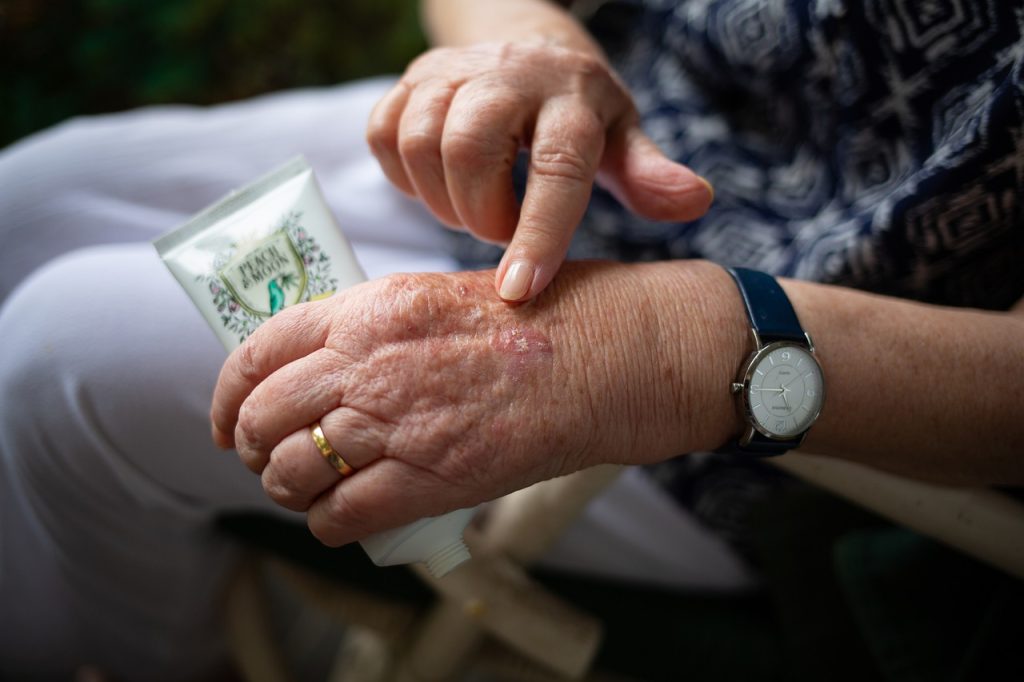
Chinese traditional medicine based on combinations of typically 5 to ten plants, usually boiled and administered as a decoction or tea, has long been used to treat rheumatoid arthritis (RA), but few clinical trials have tested its potential. A review in the Journal of Internal Medicine outlines a strategy to analyse the ability of different mixtures of plants used in Chinese medicine to combat RA.
One fundamental of traditional medicine is to prevent disease. RA is an autoimmune, inflammatory and chronic disease that primarily affects the joints of 0.5%–1% of the population. In two out of three of the cases, the patients are characterised by the presence of autoantibodies such as the rheumatoid factor and the more disease-specific autoantibody against citrullinated proteins, so-called ‘ACPA’ (anticitrullinated protein/peptide antibodies). ACPA positivity is also strongly associated with specific variations in the HLA-DRB1 gene, the shared epitope alleles. Together with smoking, these factors account for the major risks of developing RA.
The researchers’ strategy involves isolating the active components of individual plants and testing them alone or in combinations against key pathways of disease pathology, followed by experiments conducted in animal models of RA.
“A substantial number of our current drugs are natural products or derivatives thereof, and without doubt nature will continue to be a source of future discoveries,” the authors wrote. “Therefore continuous research based on the traditional use of plants is highly motivated. In our opinion, the strategy of starting from knowledge in traditional medicine, followed by the combination of in vivo evidence of efficacy and bioassay-guided isolation to understand the chemistry and pathways involved, is one effective way forward.”
Source: Wiley

